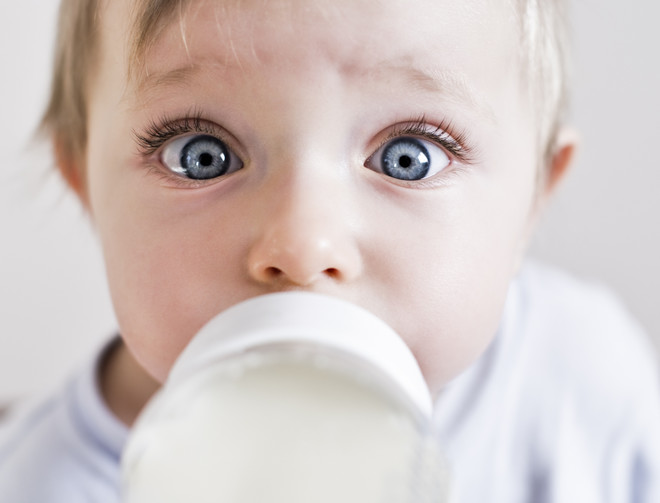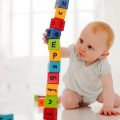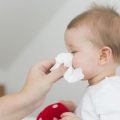First of all, we give universal advice: Do not believe the information found on the network. No "Google" will not replace you with a specialist consultation. Which, by the way, you need to inform not only the very fact that you are breastfeeding. Medicines that the doctor will write out depend on such things: - the child was born on time or prematurely. In the second case, children's organs may not yet be sufficiently developed to cope even with minimal doses of medication - how much weight the baby has at birth and whether he has any diseases. If the baby's weight is low, the recommendations can be quite different. And still, only those drugs prescribed to babies can be considered safe. Hence, they can also be fed. Photo: GettyImages
Photo: GettyImages
Strictly impossible
- Aspirin and its derivatives. It can cause Reye's syndrome in children - acute liver failure and encephalopathy, often with a fatal outcome. - Codeine and drugs based on it. Even if the cough is very hard, such medicines should be avoided. By the degree of toxicity for infants, codeine is compared with morphine. - Vasoconstrictors. Yes, even a drop from the cold. They often contain pseudoephedrine, which is not at all useful to children. The same substance, as well as phenylephrine and phenylpropanolamine are contained in preparations from edema and most anti-cold remedies. - Guaifenesin and drugs based on it. Often is part of expectorant drugs.
What can
Let's repeat: no medicine should not be taken without consulting a doctor. Every child is different. Therefore, the treatment regimen for the mother should be chosen especially for her. - Anesthetics and antipyretic drugs - paracetamol or ibuprofen. - Antacids. - Laxative. - Inhalers from asthma. - Treating from the yeast infection, including on the nipples. - Anticoagulants - blood thinners .- Corticosteroids in the form of injections - in the treatment of inflammation. - Vaccinations: from tetanus, influenza, mumps, rubella and measles. Photo: GettyImages
Photo: GettyImages
How to take medicines with GW
If there are no options, you need to take the pill, thenthere is a way to minimize potential harm to the child. For this it is important to take the medicine at the right time. Ask the doctor, after what time the concentration of the drug in breast milk reaches a maximum. Try not to feed the child at peak times. The best thing is to take the medicine before the child's longest sleep so that the body can process the medicine. Another option - to drink tablets right before the beginning of feeding, so that its components do not have time to get into the milk. If, of course, the baby eats fast, and not "hanging" on the chest for hours. Sprays and drops are preferable to a drug for oral administration. Exception - preparations of iodine. It generally should not be taken in any form without consulting a doctor, even externally. It is perfectly absorbed and can affect the functioning of the thyroid gland of the baby. Choose drugs that do not cause drowsiness or insomnia, so as not to break the regime of the child's day. Avoid combination drugs. It is better if the drug contains one active ingredient. Note whether the medicine does not reduce lactation. If yes, you need to be ready for this.
Non-pharmacy means
The period of breastfeeding is a good timeremember about alternative medicine. No, we are not about homeopathy. With colds and flu - Echinacea in tablets - invigorates immunity, helps to cope with the virus. - Rinsing the nose with salt water works well for a cold. Like inhalations with mint and eucalyptus. - Glycerin and honey soothe the sore throat and calm the cough. With milkweed- Ironically, yogurt has softening properties. - Baths with tea tree oil. When milk is stagnant, apply cabbage leaves to the breast in the intervals between feeding. When migraine can help hot pepper. But not in food. Traditional medicine advises to apply pepper nasally - put on a pair of grains in each nostril. This helps to expand the blood vessels and improve blood circulation in the brain. Important! Herbs can be quite unsafe for the baby. Their influence on the baby during breastfeeding is not really investigated. With confidence, doctors recommend only echinacea, fenugreek, fennel, chamomile and ginger. And antibiotics are not as harmful as it is commonly believed. Some side effects of their action you can notice on the child, for example, diarrhea. But it will all stop as soon as you finish taking the medicine.









